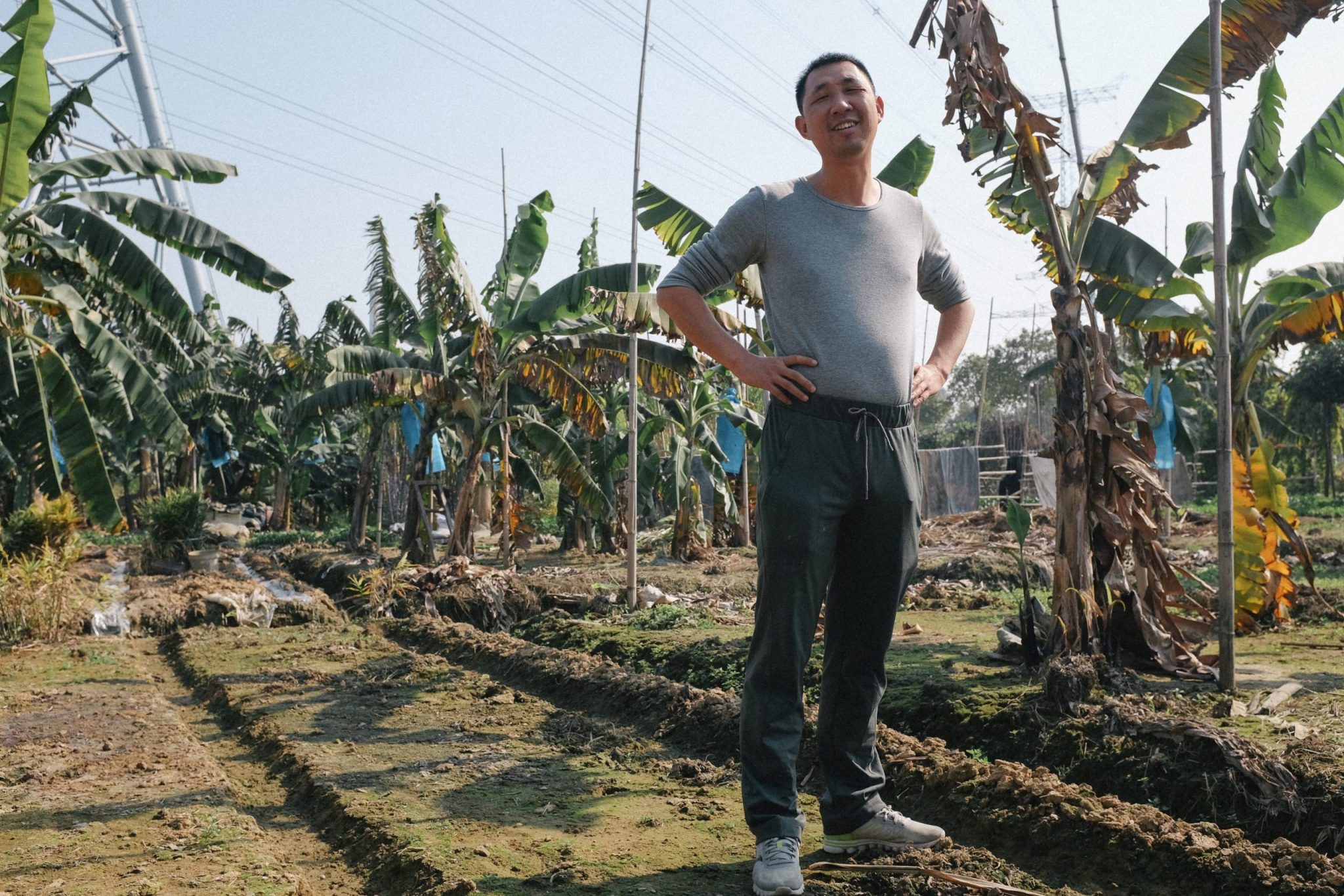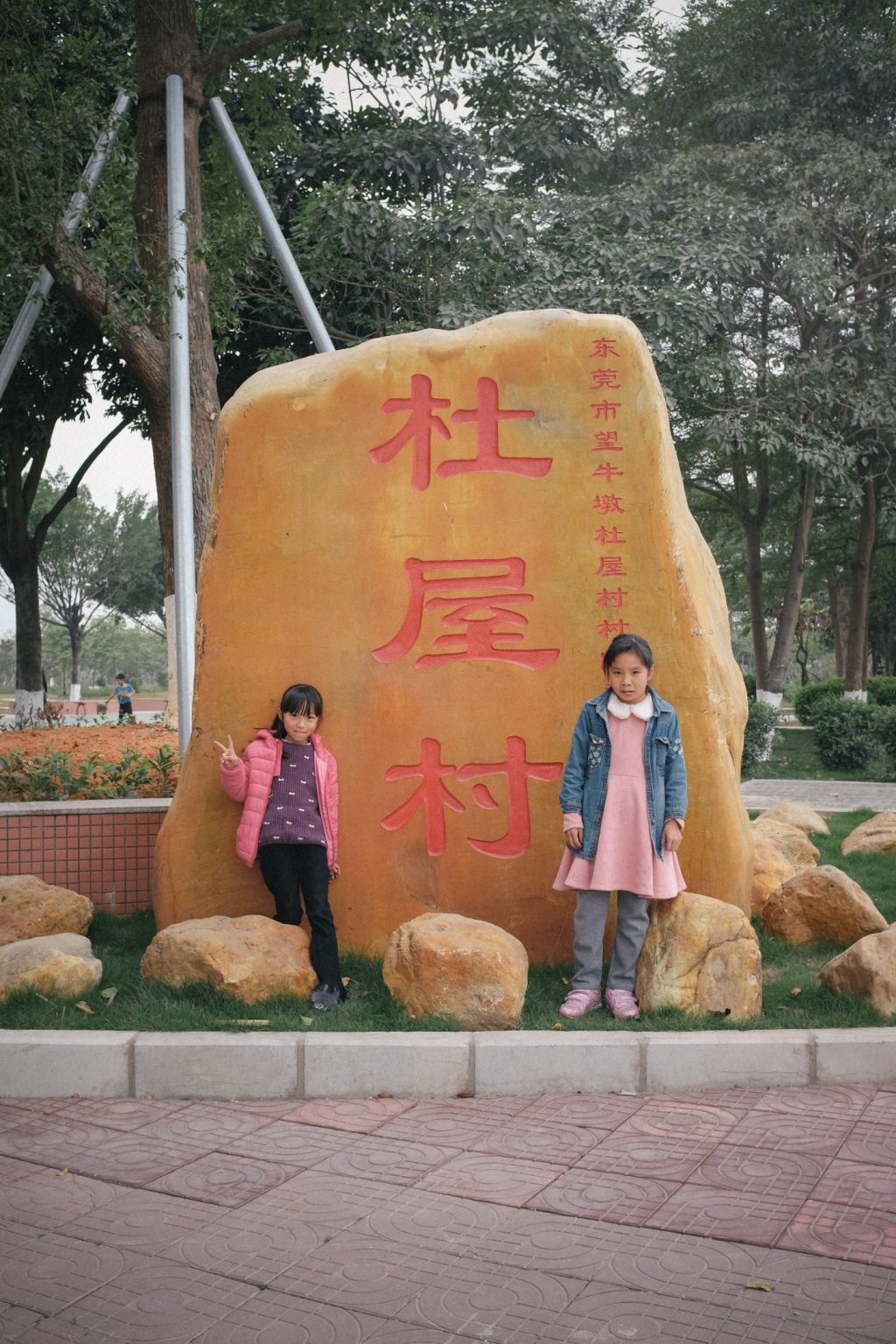

As the modern world continues to race toward the future, we can find ourselves constantly groping for radical or material ways to find our identities in it. But while we might be obsessed with going forward and discovering the new, we sometimes forget to look back and to the old—to our own pasts.
Cheuk-Yin To is a photographer we used to work with. One summer evening, we caught up at the office where he shared a special story with us, of how he took a side trip on a whim only to find both his roots and a few long-lost relatives.

To Family Village sits on one of the many distributaries in the Pearl River Delta region.






“To be honest, it kinda broke the spell a bit. I wanted my ancestral village to be with like, old school donkey carts and stuff. It’s not like that anymore. There’s mopeds, there’s smartphones. Everyone’s in on this now.”
— Yin remarking on his unexpectedly modern ancestral “village.”



Yin with his uncles and cousin on the far right. His grandfather’s cousin is seated.

Yin’s grandfather’s cousin (the elder of two brothers).

Yin’s grandfather’s cousin (the younger of two brothers).



“Within the next generation, it’s not going to be the same anymore. I don’t think kids these days will actually stay in these villages; they’ll all go to the cities and no one’s going to maintain the traditions. ”

The two girls, Qingqing (left) and Yingying (right) are the daughters of a cousin Yin did not meet and are referred to as nieces.

Lunch prepared the first day of Yin’s visit.

Yin’s aunt with the family Gai Lan crop.



Yin’s uncle and nephew (cousin once removed).


Eating sugar cane the traditional way.

Yin’s niece “plays” with a chicken during an evening stroll with the family.
“My grand aunt made a feast that could have fed double the amount of people. […] We all ate together and watched TV at the same time, just like every other Chinese family.”



Television is a centerpiece at many Chinese family dinners.

“To Family Village, Wangniudun Town, Dongguan City”
“You can’t describe this experience. If someone else were to find their roots—completely unintentionally…I think that’s the reason why I was so happy.”





























